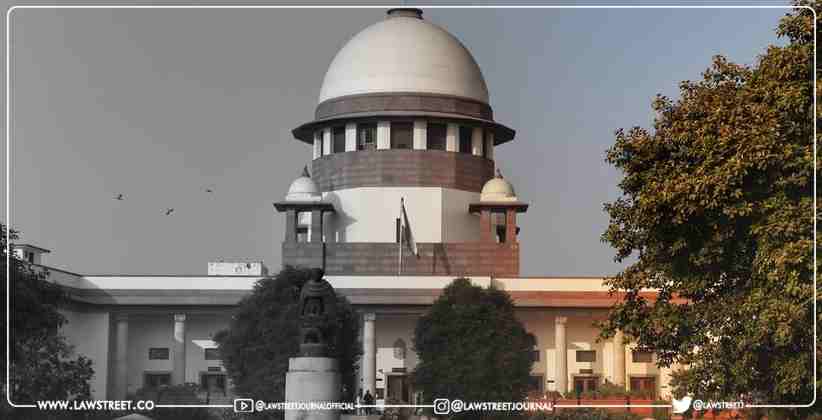It was observed by the Supreme Court that the courts must adjudicate on all the issues raised in a case and also render findings as well as judgements on all the issues involved.
It was also observed by Justice MR Shah and Justice BV Nagarathna that adopting a shortcut while pronouncing the judgement on only one issue, the burden on the appellate court and in many cases if the decision is based on the issue which was decided and is found to be erroneous, the appellate court would not have any other option but remand the matter for its fresh decision.
In Agricultural Produce Marketing Committee Bangalore v. State of Karnataka, the following issues were raised in a writ petition which challenged the land acquisitions:
1) Whether the disposal of these petitioners should be deferred pending adjudication and determination by the Land Tribunal, Bangalore North Taluk of the excess holdings or otherwise under the provisions of the Karnataka Land Reforms Act, 1961 of the very lands which are the subject matter herein.
2) Whether the possession of a portion of the lands in question having said to have been given to APMC can be said to be valid and in accordance with law.
3) Whether the invocation of Section 17 of the LA Act in the acquisition of a portion of the lands for the same purpose was justified.
4) Whether the acquiring authority could keep abeyance the mandate to pay or deposit the compensation amount pending disposal of the proceedings begore the Land Tribunal in respect of the lands.
5) Whether the acquisition proceedings have lapsed by virtue of the 2013 Act.
A writ petition was allowed by the High Court which answered issue (e) only by holding that the respective acquisitions have lapsed under Section 24(2) of the Act,2013.
In an appeal, the bench of the Apex Court noted that in view of the judgement in Indore Development Authority v. Manoharlal & Others (2020) 8 SCC 129, the judgement was passed by the High Court that the acquisitions have lapsed under subsection (2) of the Section 24 of the Act ,2013, is not sustainable.
It was further noted by the Court that though a number of other issues were raised on the legality of the acquisition proceedings under the Act, 1894 and though other points for consideration were raised/framed by the High Court, none of the issues are adjudicated by the High Court on merits.
We have no other alternative but to remand the matter to the learned Single Judge for deciding the writ petitions afresh and to adjudicate on all the other issues.
"Therefore, the courts should adjudicate on all the issues and give its findings on all the issues and not to pronounce the judgment only on one of the issues. As such it is the duty cast upon the courts to adjudicate on all the issues and pronounce the judgment on all the issues rather than adopting a shortcut approach and pronouncing the judgment on only one issue. By such a practice, it would increase the burden on the appellate court and in many cases if the decision on the issue decided is found to be erroneous and on other issues there is no adjudication and no findings recorded by the court, the appellate court will have no option but to remand the matter for its fresh decision. Therefore, to avoid such an eventuality, the courts have to adjudicate on all the issues raised in a case and render findings and the judgment on all the issues involved," the Court observed.
Case title: Agricultural Produce Marketing Committee Bangalore vs State of Karnataka
Corram- Justice MR Shah and Justice BV Nagarathna








